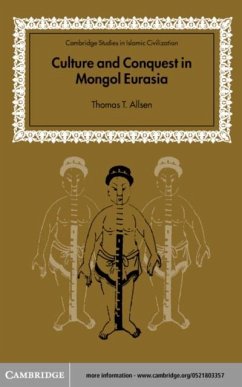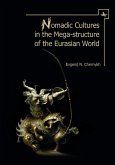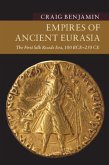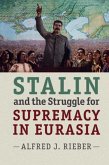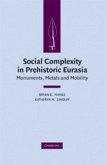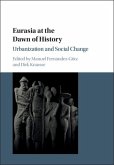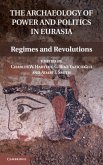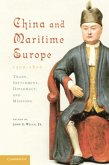In the thirteenth century, the Mongols created a vast transcontinental empire that functioned as a cultural 'clearing house' for the Old World. Under Mongol auspices various commodities, ideologies and technologies were disseminated across Eurasia. The focus of this path-breaking study is the extensive exchanges between Iran and China. The Mongol rulers of these two ancient civilizations 'shared' the cultural resources of their realms with one another. The result was a lively traffic in specialist personnel and scholarly literature between East and West. These exchanges ranged from cartography to printing, from agriculture to astronomy. The book concludes by asking why the Mongols made such heavy use of sedentary scholars and specialists in the elaboration of their court culture and why they initiated so many exchanges across Eurasia. This is a work of great erudition which crosses new scholarly boundaries in its analysis of communication and culture in the Mongol empire.
Dieser Download kann aus rechtlichen Gründen nur mit Rechnungsadresse in A, B, BG, CY, CZ, D, DK, EW, E, FIN, F, GR, HR, H, IRL, I, LT, L, LR, M, NL, PL, P, R, S, SLO, SK ausgeliefert werden.

